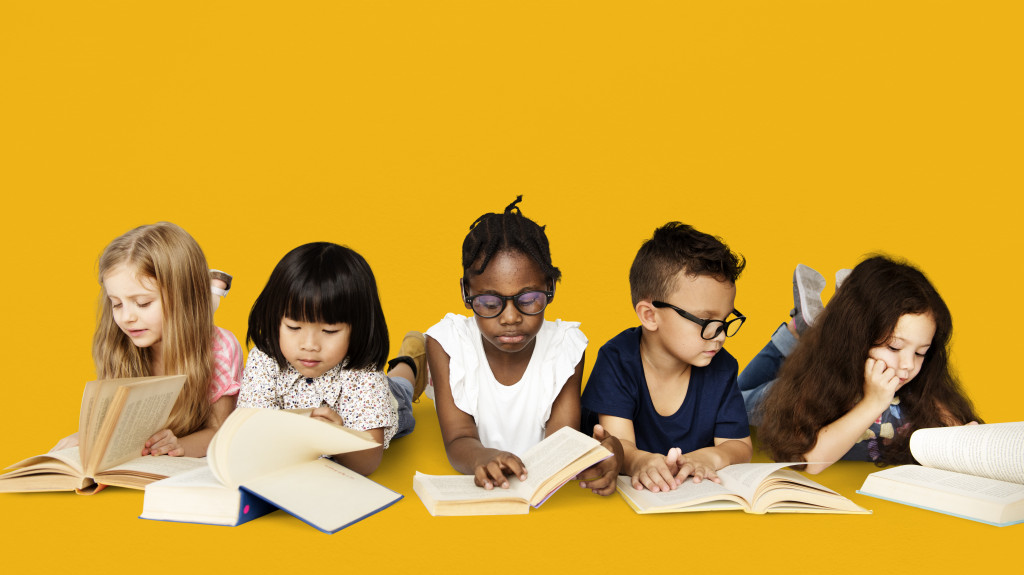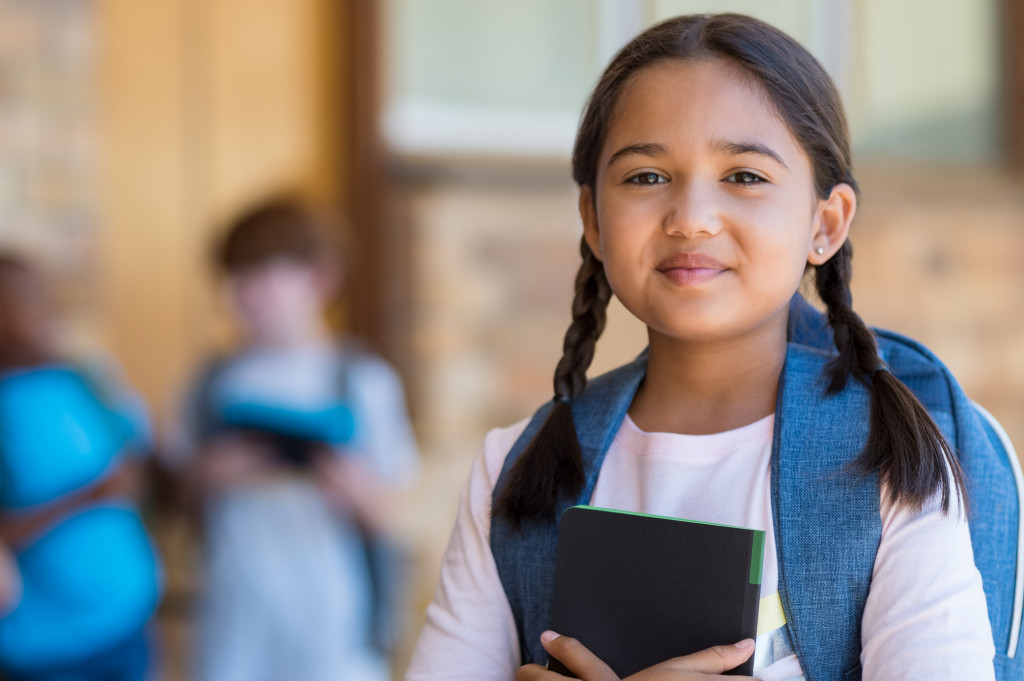- Being bilingual can open up incredible opportunities for children.
- Introducing kids to a second language early in life is an effective way of helping them acquire the basics and make it more enjoyable.
- The advantages of being bilingual include better career prospects and improved cognitive skills.
- Bilingualism also enables children to connect with a broader audience and creates a more rounded perspective of the world.
- Create an environment where children can learn and practice with the right tools to get started.
Worldwide, being bilingual is an ability that is highly respected and valued. Apart from enriching relationships and creating a more profound appreciation of various cultures, there are also several essential advantages to being bilingual. One of which is having better career opportunities.
With the world being more connected than ever, knowing multiple languages helps distinguish job candidates from competitors. Bilingualism is becoming increasingly relevant in the professional sphere and may also be essential for an organization’s hiring. This article will explore why bilingualism matters and how it prepares kids for global success.
Introducing Kids to a Second Language
Introducing kids to a second language early in life can help them grasp the basics and make it more enjoyable. Learning a foreign language can be intimidating, but this challenge becomes achievable with the proper guidance and resources.
One of the most effective methods is to enroll your child in a language program where experienced and qualified educators can teach them. For example, French lessons allow students to practice their French conversation skills in a supportive environment. Depending on your child’s age, you can enroll them in summer camps or expose them to books and movies in other languages.
Advantages of Being Bilingual
Apart from the potential for a successful career, there are other benefits that children can enjoy when they master multiple languages. Here are a few:
Enables Children to Connect with a Wider Audience

The world is becoming more linked, and by speaking additional languages, children can connect with various cultures better. They can establish deeper relationships with those they meet, decreasing language and cultural barriers. This ability equips children with the skills they require to interact with people worldwide, an essential quality highly valued.
Enhances Cognitive Skills
Apart from strengthening children’s communication skills, bilingualism enhances their cognitive abilities. Studies indicate that bilinguals have better verbal and nonverbal communication, critical thinking, problem-solving, mental flexibility, and superior overall intelligence. Bilingual children are more likely to excel in academic subjects than monolingual children.
Improves Career Prospects
Suppose your child plans to pursue a global career. In that case, bilingualism will open up more job opportunities and give them a competitive advantage. Studies indicate that bilingual employees receive a higher salary than monolingual workers. Knowing multiple languages can help when working with a foreign client or negotiating with stakeholders from a different country.
Creates a More Rounded Perspective of the World
Through bilingualism, children can develop a more rounded perspective of the world, making them better global citizens. It enables them to appreciate various cultures and people while fostering a deep respect and understanding of others. Bilinguals have an enhanced appreciation for other individuals’ perspectives, a trait that facilitates robust interpersonal relationships.
Improves Problem-Solving Skills
Bilingualism allows children to explore concepts that don’t exist in other languages, which helps them improve their problem-solving skills. Through learning two languages, children’s brains learn to switch back and forth between different ways of thinking. This agility enables them to develop unique solutions when faced with complex tasks.
Getting Started

Of course, you can’t just expect your child to learn a new language overnight. You must create an environment where they can learn and practice with the right tools.
- Encourage your child to immerse themselves in the language, such as by exposing them to books or movies in that language.
- Take the time to find an experienced tutor who can help guide your child and teach them new concepts. This will make learning more enjoyable while encouraging them to practice regularly.
- You can also encourage your child to find pen pals or exchange students who speak the language they’re learning.
- Don’t forget to celebrate their successes and provide positive reinforcement whenever possible.
Final Thoughts
Bilingualism is an asset that every parent should encourage in their child. Aside from the apparent advantage of being bilingual in today’s globalizing world, bilingualism also enhances cognitive abilities, improves job prospects, and provides the opportunity to appreciate different cultures and perspectives.
Children who learn two languages early will acquire distinct thought processes that enable them to be more creative and express themselves at a higher level. So, it’s safe to say this is a critical investment that creates a pathway to global success.

